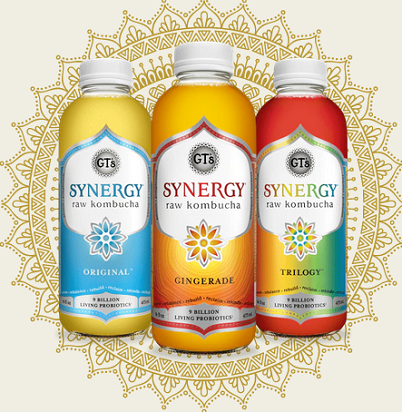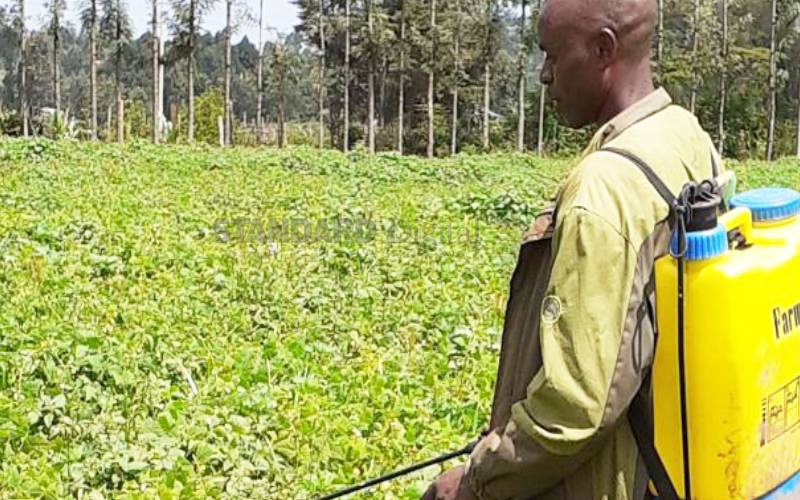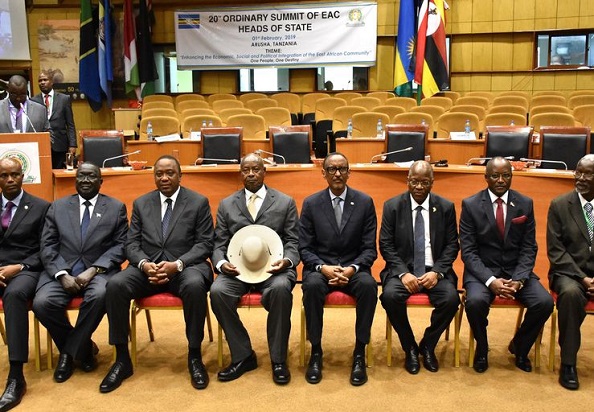The Kombucha beverages sector and the government standards agency have agreed to ‘work together to deliver quality products’ to the public, each side meeting its mandate.
This now positions the business as a recognized industry, separate from soft drinks and alcoholic beverage industries, due to its unique features.
The Uganda National Bureau of Standards, UNBS recently issued standards for the manufacture, handling and trade of the beverage, and is now intensifying a crackdown on those violating them.
The crackdown is mainly on the alcoholic content in the products, as some labeled ‘non-alcoholic’ have been found to have higher than expected content.
Kombucha, globally is referred to as a tea, to differentiate it from soft carbonated drinks and alcoholic brewed drinks, but also to refer to the unique fermentation process used, hence names like ‘tea mushroom’, ‘tea fungus’ among others.
It is a fermented, lightly sparkling or glassy, sweetened black or green tea drink. It is more sought-after for the health benefits it is said to have, but its flavor is also sometimes improved by adding Juice, spices, fruit or other flavorings.
The name is said to have originated from either China or Japan, also widely believed to be the origins of Kombucha, before it spread to Europe and America. According to Grand View Research, a global market intelligence firm, Kombucha is also found to be effective for the treatment of cancer, arthritis, and other degenerative diseases along with being useful for body detoxification.
This in turn, increases metabolism, rebuilds body tissues, and controls headaches, among others.
This, unlike other types of beverages, drew the attention of both the UNBS and the National Drug Authority, the two regulators of consumer products standards.
Now, the UNBS has urged all Kombucha Manufacturers to diligently adhere to the relevant Uganda standards that govern the quality of their products, if they are to stay on the market.
During a meeting with the manufacturers under the Uganda Kombucha Manufacturers (KOMAU), the UNBS Deputy Executive Director Patricia Bageine Ejalu cautioned the over 90 manufacturers against failure to control their production processes which results into high levels of alcohol in the final products.
She also warned the manufacturers against making therapeutic claims on products certified as beverages, deceptive labelling and advertising.
“Anyone who wants to manufacture health drinks with therapeutic claims should seek assistance from the competent authority,” she said.
Earlier, MPs had sounded an alarm that the drinks had very high alcohol content levels, and the Committee on Trade, Tourism and Industry directed UNBS to withdraw the distinctive marks within 7 days on all the kombuchas violating the standard.
The MPs’ directive followed a report by the NDA that some of the non-alcoholic Kombucha products tested instead had alcohol content between 1.1 and 10.3 percent, while those labeled ‘alcoholic’ had content as high as 20 percent, far beyond the recommended 15%.
“Manufacturers must adhere to the labelling standard which states that if a product has one or more ingredients, the manufacturer must list them all, under the heading ‘Ingredients’ or a suitable heading which includes the word ‘ingredients’”, advised Ms Ejalu.
UNBS carried out market surveillance inspections at 65 beverage factories in Eastern, Western, Central and Northern Uganda between November 2021 and January 2022.
Of these, non-conforming Kombuchas were found at 10 facilities and 12 factories were sealed off.
According to UNBS findings, some companies that were certified for some project and premises, had extended the certification to products which were yet to be sampled and certified.
“When a particular factory premises is audited, the certification permit only applies to products manufactured at those premises. This means that if a manufacturer has different branches, each of the branches has to be audited and bear its own certification permit,” said Charles Sseguya, a Senior Certification Officer at UNBS.
Ejalu also challenged the manufacturers to practice self-regulation which is cheaper and easier than waiting for the government regulation officers.
The sector leaders agreed with this and said that their association will help improve operations in the business.
“It is our duty and responsibility to ensure that the quality of our products is maintained at all stages of our value chain given the nature of the business we are in,” said association president, Sam Turyatunga.
But the manufacturers also say that the government has put new taxes on their products which are making them expensive.
“The government recently introduced a local excise duty and also added Kombucha onto the list of products that are subject to the Digital Tax Stamp. This is making it hard for us to serve the people better,” said Moses Aruho, the Executive Director, Kituzi Farm Company.
According to the Kombucha Standards, Non-alcoholic products should not have alcoholic content above 0.5 percent, while alcoholic ones should have between 0.5 and 15 percent.
The standard also limits sugar content at 50 grams per litre, and lactic acid content between 4 and 15 grams per litre.
The manufacturers are also compelled to ensure that containers are labeled in compliance with the requirements of US EAS 38, and indicate the name of the product as Non-alcoholic Kombucha or Alcoholic Kombucha, the alcohol content, manufacturing and expiry dates and the list of ingredients.
The acceptable ingredients, according to UNBS are coffee, tea or malt; sugar; yeast and bacterial culture and potable water complying with US EAS 12 standard.
-URN





